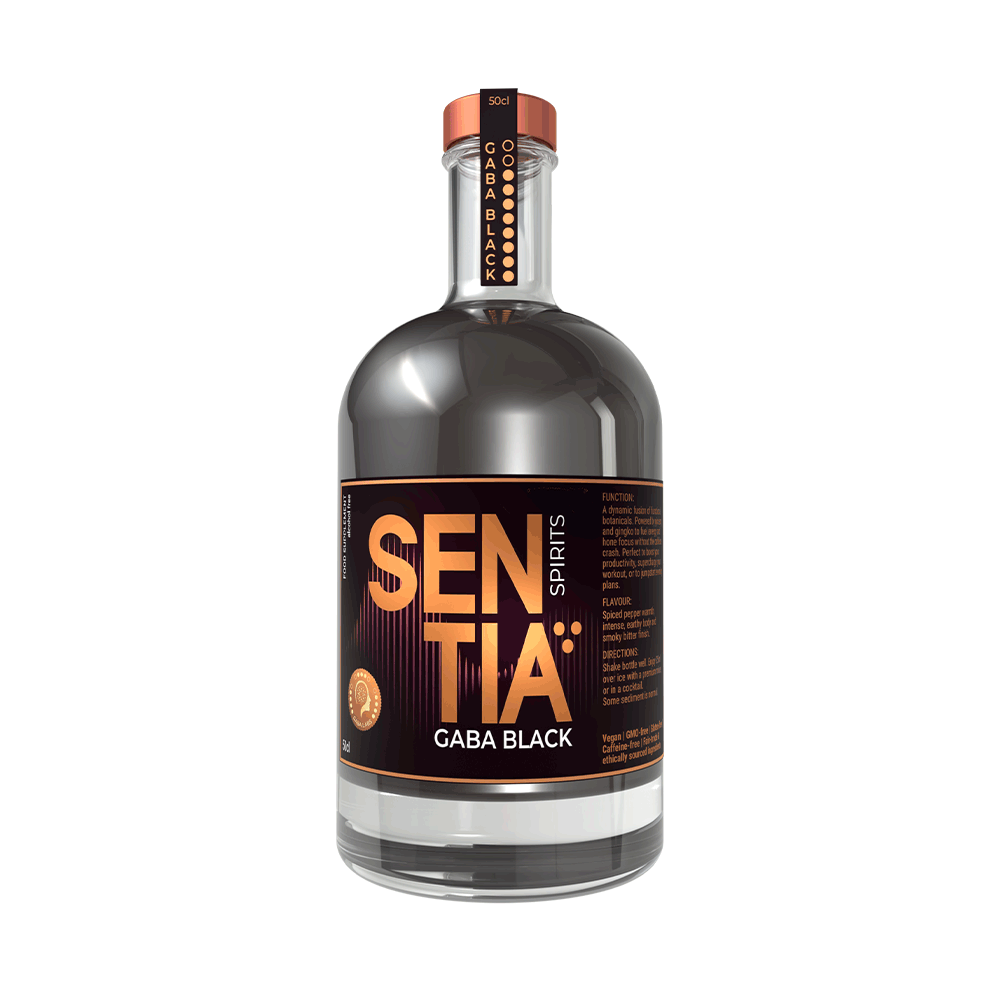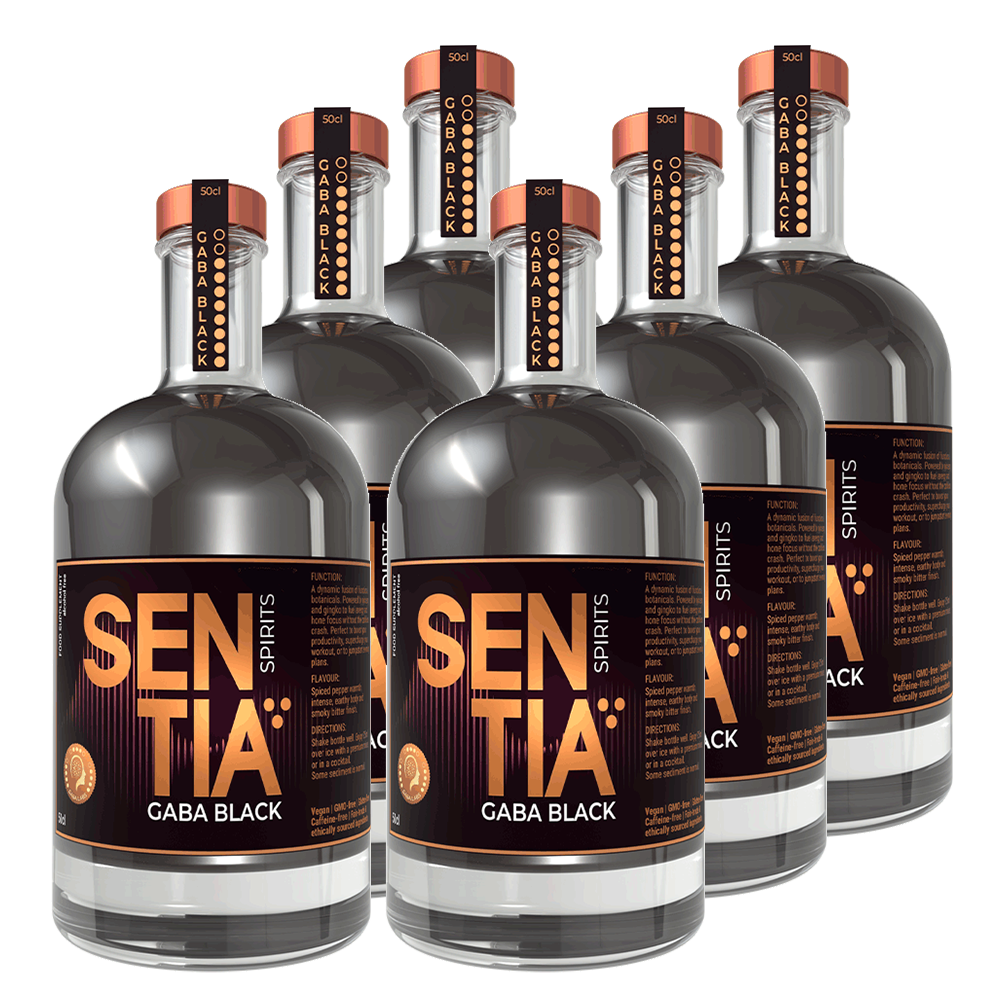
Ginkgo Biloba: miracle tree from prehistory
In the nootropic space, Ginkgo biloba has become something of a cause célèbre in recent years, but humans have been using various parts of this humble tree for thousands of years. Ginkgo is an enduring part of both traditional and modern medicine. This ancient tree, often called a "living fossil,” is the sole survivor of an ancient group of trees that date back to long before dinosaurs roamed the earth.
A Symbol of Longevity and Vitality
Ginkgo biloba is revered in Chinese culture, where it symbolises longevity, vitality, and the sacred life force “Qi”. Ginkgo, which blooms at night and quickly sheds its blossoms, is said to have a yin-yang quality—symbolising balance and harmony—as it needs both male and female trees to produce seeds.
In traditional Chinese medicine, various parts of the ginkgo tree, including its seeds, leaves, and roots, have been used for centuries to treat ailments. Ginkgo seeds are used in lung tonics, while the leaves have been prescribed for asthma and intestinal discomfort. The roots, considered a “warm herb” in Chinese Medicine—a herb associated with heat, activity, and vitality. Ginkgo roots are used in Chinese Medicine to treat conditions affecting the liver and kidneys. The harvesting of these parts in September and October is said ensure their maximum potency.
The cultural significance of the ginkgo tree extends to its association with Daoist temple courtyards and ancient religious practices. Linked to the legendary Yellow Emperor Huangdi and believed to originate from Mt. Qingcheng in western Sichuan Province, ginkgo is known by various names such as the Silver Almond Tree and Yellow Emperor Tree. These rich cultural and medicinal traditions continue to be a subject of international research, underscoring the ginkgo’s lasting legacy.
The Immortal Tree?
But ginkgo’s fabled longevity is not just the stuff of mythology. Scientists have discovered that ginkgo trees can live for over 1,000 years, primarily due to their unique biological mechanisms. Unlike many plants, ginkgo trees do not undergo programmed aging—a genetically regulated process where certain genes activate at specific stages of a plant's life cycle, leading to gradual decline and death. This allows ginkgo trees to maintain a robust defence system throughout their lifespan.
Research conducted by teams in the US and China has revealed that ginkgo trees produce protective chemicals, including antioxidants, antimicrobials, and hormones, to combat stresses like pathogens and drought. These chemicals help the tree remain healthy and resilient over centuries. Genetic studies have shown that genes related to aging do not activate in ginkgo trees as they do in other plants.
Despite their resilience, ginkgo trees are endangered in the wild, with remaining populations primarily in China due to logging activities. Understanding the longevity factors of ginkgo trees not only aids in their conservation but also offers insights into the longevity of other tree species, such as the giant redwood.
Modern Medical Marvels
In recent years, scientific research has continued to explore the medicinal potential of ginkgo biloba. A notable study has highlighted the promise of ginkgo biloba in aiding cognitive recovery after strokes. This preliminary study, involving 3,163 stroke survivors in China, examined the effects of intravenous injections of the ginkgo diterpene-lactone “meglumine” on cognitive function. Diterpene-lactones serve various purposes. They can act as chemical defences against herbivores and pathogens, deterring them from feeding on or attacking the plant, they also serve as signalling molecules to attract pollinators.
The results of the study were promising. Stroke survivors treated with the ginkgo extract showed significant cognitive improvements compared to those who received a placebo. These improvements were noticeable as early as 14 days into treatment, with more pronounced effects observed at 90 days. The neuroprotective properties of ginkgo biloba's active components are believed to contribute to this cognitive enhancement.
This study suggests a potential new avenue for post-stroke cognitive rehabilitation, although further research is necessary to confirm the efficacy and safety of the treatment before it can be widely adopted in clinical practice.
Conclusion
From its ancient roots in Chinese culture to its modern-day applications in medicine, ginkgo biloba continues to enchant, inform, and aid humanity. Whether through its symbolic representation of longevity, its remarkable biological resilience, or its potential to aid cognitive recovery, the ginkgo tree stands as a testament to the enduring power of nature. As research progresses, who knows what other secrets this living fossil might reveal?

